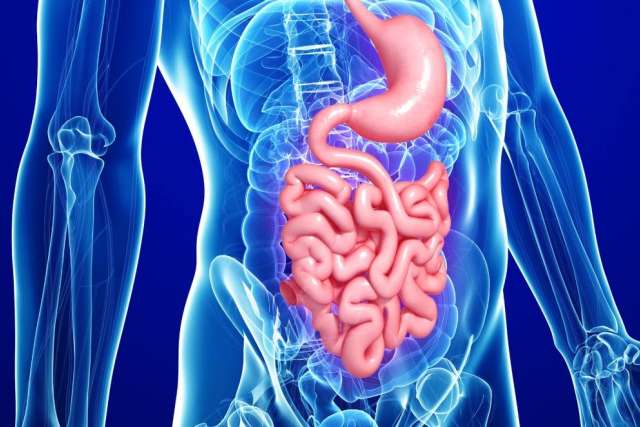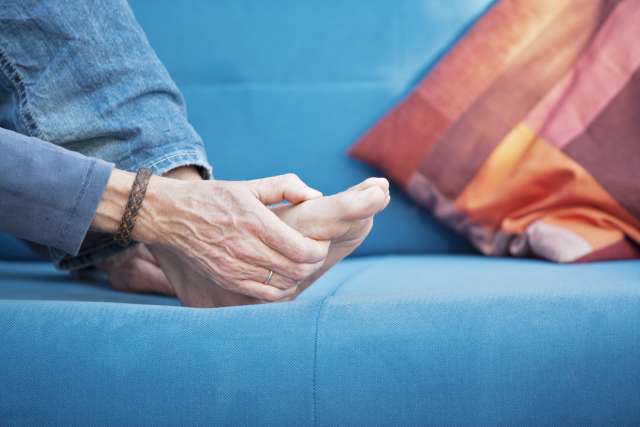Dear Doctor: I’m not sure you’ll take this question because of the subject matter, but it seems pretty important. Our dad had a fecal transplant as a last-ditch treatment for C. diff, and it worked. Now I’ve read they’re finding other uses for the procedure. Can you talk about that?
Dear Reader: We think you’re correct on both points -- that talking about fecal transplants gives some people pause, and that recent research into this treatment is opening up a new world of therapeutic potential.
For those who are unfamiliar with the concept, a fecal transplant is a procedure in which the stool of a healthy individual is introduced into the gastrointestinal tract of someone who is ill. Although the first modern use dates back to the late 1950s, it’s only in the last decade or so that fecal transplants have gained widespread acceptance.
At this time, the procedure is used almost exclusively to treat Clostridioides difficile, or C. diff, a bacterium that causes severe and sometimes life-threatening diarrhea and colitis. The collection of bacteria contained in the healthy stool restores balance to the patient’s colon, thus defeating an often-intractable C. diff infection. It’s important to note that donors for this procedure undergo careful screening, and the stool itself is specially processed. This is a treatment that should be done only by trained medical staff and in a hospital setting.
As research continues to reveal how the trillions of bacteria, yeasts, fungi and viruses that make up the gut microbiome are tied to our health and well-being, scientists have begun looking at other therapeutic uses for fecal transplants. A new study in mice suggests that a fecal transplant from a mother can help protect a newborn who is at risk of developing Type 1 diabetes due to treatment with antibiotics. Researchers in Australia are enlisting individuals living with Parkinson’s disease to take part in a medical trial to see whether a fecal transplant can alleviate constipation, a common and challenging symptom of the disease. In the United States, clinical trials are underway to study how fecal transplants can help ease certain symptoms of inflammatory bowel disease, colitis and multiple sclerosis.

Most recently, a study about the potential use of fecal transplants to ease some of the adverse effects of aging has gotten a lot of press. In that study, researchers found that when they transferred stool from young and healthy mice to older mice, the recipients had improved cognition -- including better memory -- and exhibited some physical rejuvenation as well. In a previous study that reversed the order of the fecal transplant -- from older mice to younger ones -- the researchers noted that recipients’ cognitive function declined.
Whether due to illness, disease or the effects of aging, the composition of an individual’s gut microbiome can shift to include unfriendly microorganisms that drive inflammation and have a negative effect on metabolism. These studies are exploring whether an infusion of healthy bacteria to recolonize the gut can have a beneficial effect on the immune system and on metabolic function. It’s an exciting and, as you said, important area of study. Imagine the possibilities if the answer turns out to be yes.
(Send your questions to [email protected], or write: Ask the Doctors, c/o UCLA Health Sciences Media Relations, 10960 Wilshire Blvd., Suite 1955, Los Angeles, CA 90025. Owing to the volume of mail, personal replies cannot be provided.)





